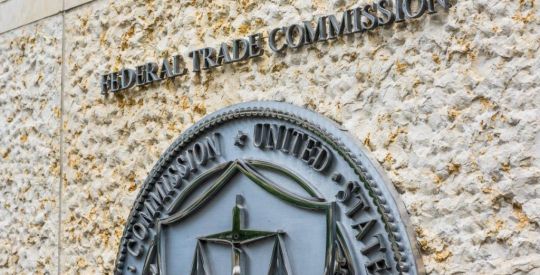Way back in August 2009, HousingWire Magazine asked if the Home Valuation Code of Conduct (HVCC) would become a blueprint for disaster. Considering that this past Monday, the Mortgage Asset Research Institute (MARI) said reports of appraisal fraud are up 50%, the question is again front and center at mortgage industry water coolers. In 2008, MARI said suspected appraisal/valuation fraud stood at 22% of mortgage fraud reports. In 2009, that jumped to 33%. During a press conference to announce the latest statistics, I posed the question on the potential role of the HVCC in driving increased incidence of appraisal fraud to two participants: Lexis Nexis and Veros Software. Lexis Nexis has not responded yet, which is expected, as the firm serves more of an analytics and information technology role in supporting MARI. I did, however, receive a lengthy reply from Veros. Before I get to that, I wanted to explore what the market thinks of the HVCC. (More on property valuations are continually available via a subscription and through our incredibly useful quarterly supplement, HW Focus, available as an e-book.) As with most industry regulation of its sort, the HVCC has caused the pool of “qualified” appraisers to shrink. Ostensibly, with fewer appraisers, the assembly-line mentality begins to rule the day because of the marked increase in workload as appraisal management companies (AMCs) cut appraiser’s fees. This new market dynamic shouldn’t make fraud more prevalent, however, unless the appraiser is working an angle somewhere. Ross Miller, president of Miller Home Mortgage in Metairie, La., sits on the board of the Louisiana Mortgage Lenders Association (LMLA). He thinks that appraisers need to do more appraisals in order to hit income targets and this can leave them open, in some cases, to fraud. But what’s worse, in his eyes, is that the HVCC is spreading appraisers too thin. “We are losing one deal after another because the appraisers are less qualified, less experienced, less professional, traveling a further distance to do appraisals and unfamiliar with the area they are working in and are then unwilling to correct their errors,” he said. “The housing market will not recover fully unless these rules are amended or removed.” And with such heavy workload, then, couldn’t fraud at least be committed unintentionally? The data says the answer is no.
As it stands, the HVCC is meant to reduce the influence of loan officers on appraisers, but one investor I spoke to today in Charlotte suspects that banks may be influencing appraisers more and more in the booming short sale and REO sectors. “The bank had a foreclosure listed at $68,000, and I drove over and looked at it and said, with all the mold, this is $45,000, tops. It started at auction months later at $32,000 and we ended up with it around that $45,000 mark, its true value,” he said. “Tell me that original appraisal was not silly. It was artificial.” Just so you know, what the investor is describing is technically called “flopping,” manipulating prices lower in a depressed market. (Yes, it’s the opposite of flipping.) And just as flipping will be a huge concern in an appreciating market, flopping follows suit in a depreciating market. And the ugly truth may ultimately prove to be this: a cooperative appraiser will always be a busy appraiser. Bill King, Veros’ director of valuation initiatives, offers a great explanation: “First, a large percentage of today’s appraisers have never appraised in a declining market; they simply lack the experience and training required to know what is expected of them under current conditions — they don’t know what they don’t know.” “Second, an unintended consequence of HVCC is the sudden increase of appraisal volume flowing through third-party AMCs. Many long-standing AMCs have established quality controls and services adding significant value in fraud detection. Nevertheless, just as there are bad apples in the appraisal profession, they exist as well with AMCs, especially in the wake of policies that arguably drive greater volumes and potential disincentives toward one segment of the market. Because these AMCs focus on low fee and quick turn-around, rather than on finding the most qualified practitioner, seasoned appraisers tend to shun that work in favor of other types of clients and appraisal work.” The latest results, Veros argues, also reflects improved technology for tracking fraud overall — in other words, ‘the fraud was always there, we just didn’t see it before.’ Indeed, the amount of suspicious activity reports being filed is increasing in support of this view. It could be simply that the industry is getting better at catching fraudsters (albeit after the fact) — although these are reports, allegations, suspicions. Not open and shut cases. Which points out what may prove to be a fatal flaw in the HVCC itself: it’s just a code. Not a law. So until the GSEs put out a formal appraisal board and start slapping some wrists all around, people in the industry like Miller will continue to rant, and with good reason. And flopping will continue, right under the nose of the HVCC. Jacob Gaffney is editor at HousingWire.com and HousingWire Magazine. Write to him.



